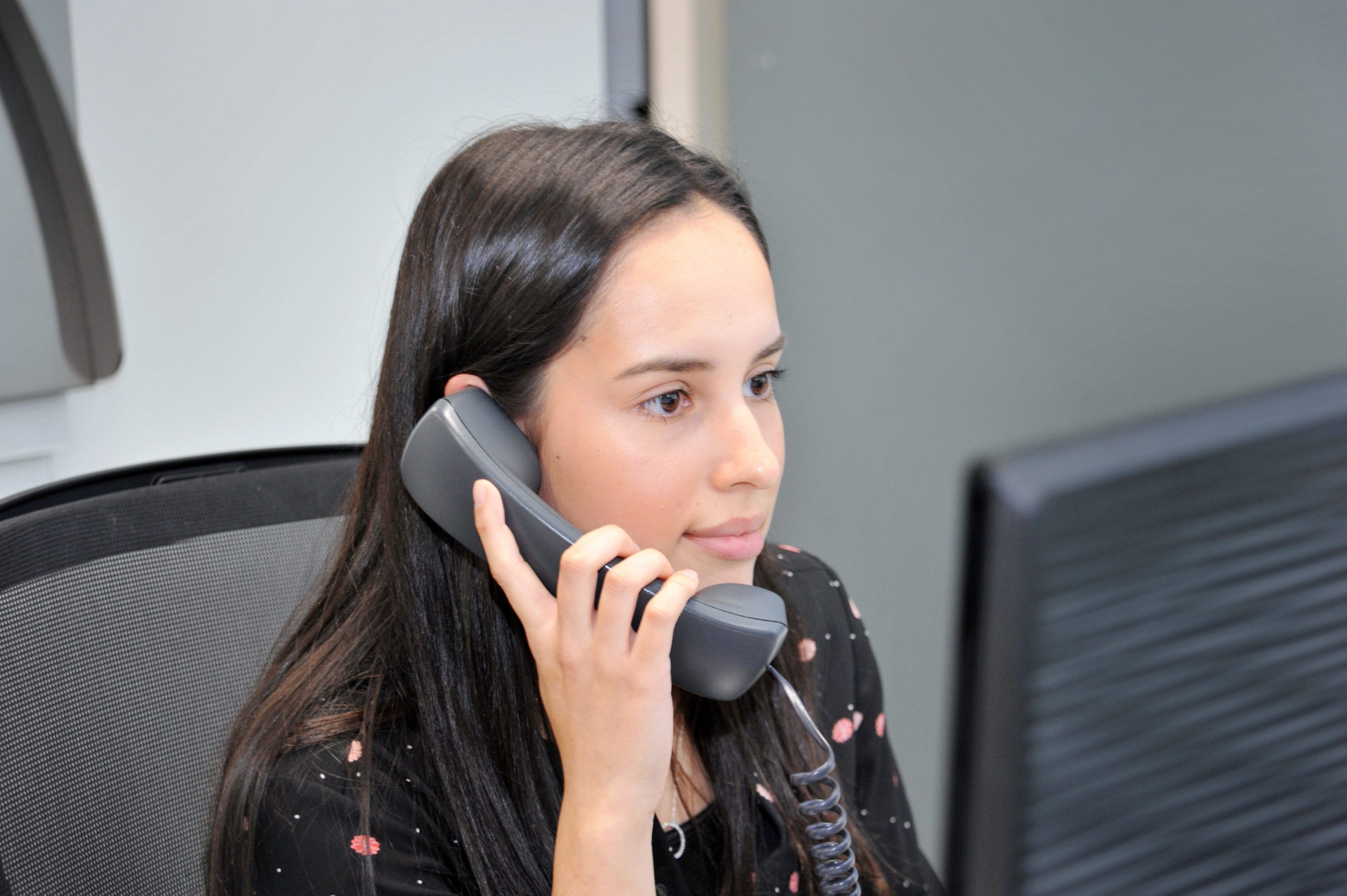HERA was excited to kick off our year by hosting the 2020 Rotary National Science and Technology Forum at HERA House.
This student event is part of our commitment to inspire future engineers to work in the metals industry and showcase the real opportunities that exist within our sector.
The visiting group was part of the 31st of these annual forums. Targeting high achieving end of Year 12 STEM students at secondary schools. The goal being to encourage the growth of more STEM graduates for New Zealand.
This years cohort consisted of 27 students who traveled over a two week period to gain insight into future career pathways.
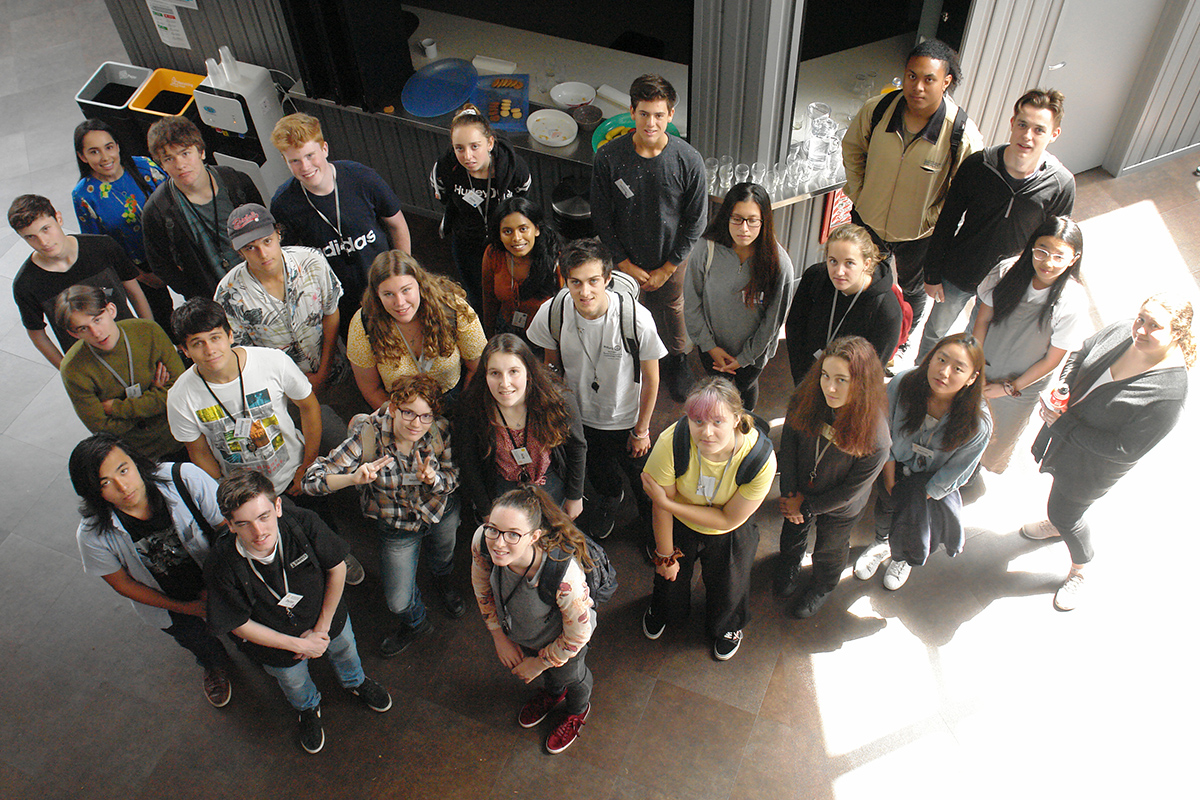
Inspiring student engagement
HERA has been hosting this event for a few years now, and our general approach has been to invite our technical team to deliver a presentation on their role and what it involves.
Given our remit is to innovate – this year we decided to mix things up a bit and iterate on our standard approach to see if we could deliver a better experience.
Opting to kick off with an interactive morning session hosted by our Manager Innovation Centre Greg Buckley. Here, he challenged students to a engineering activity – ‘The Marshmallow Challenge’.
A fantastic innovation activity, it calls for participants to build the tallest freestanding structure that will support the weight of one marshmallow within a limited time frame, and with few resources. The outcome? Group collaboration, dynamic involvement, and an environment of problem solving and accepting failure as a learning mechanism to iterate from.
With a much more awake and engaged crowd on our hands, we presented the students with two sets of panels. Allowing them to engage and interact with speakers in a more informal atmosphere. Students were able to submit questions prior to the event to facilitate discussion points, as well as asking questions in person or via Slido (an online and anonymous app to facilitate free flowing discussions).
The first panel was focused on science and engineering. It featured Welding Research Engineer & Industry 4.0 Lead Holger Heinzel, Research Engineer & HERA Foundation PhD Scholarship Recipient Hafez Taheri, and Structural Systems Finite Element Analyst Nandor Mago. We also had Mechatronic Engineering & Whanake Scholarship Recipient Sarah Lewis on the panel as well.
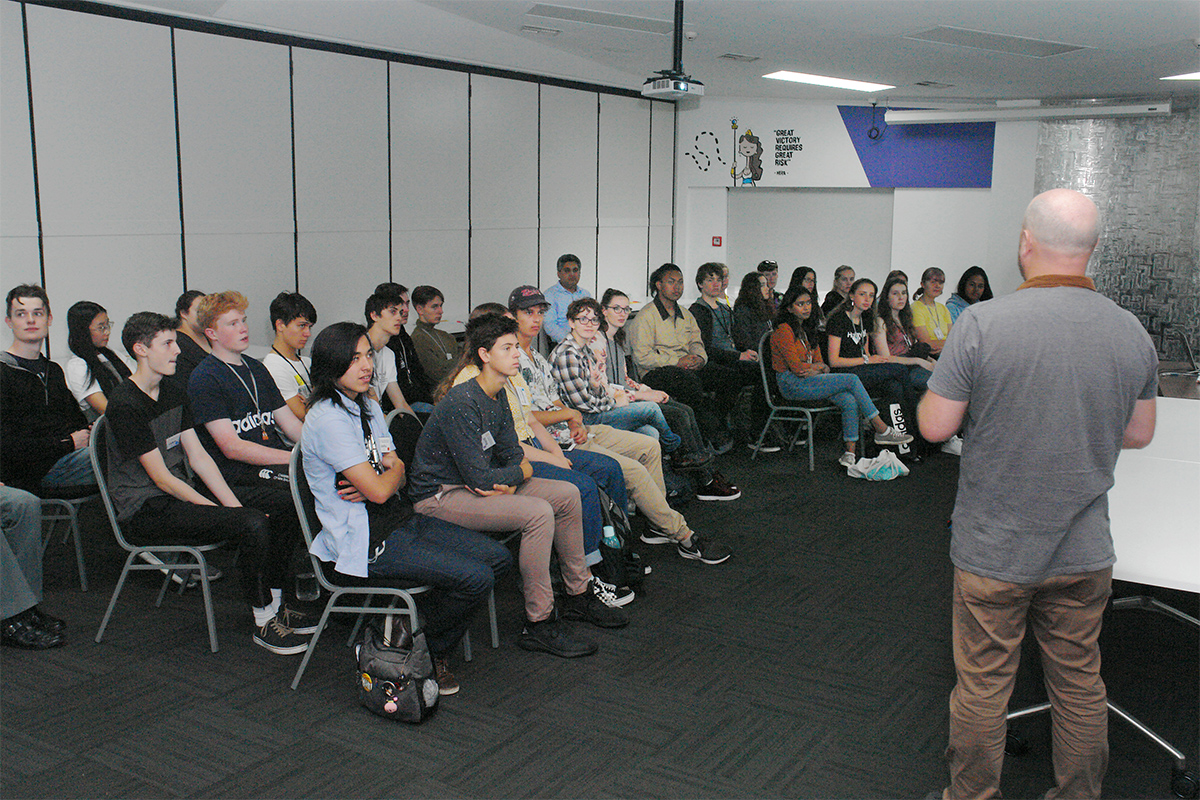
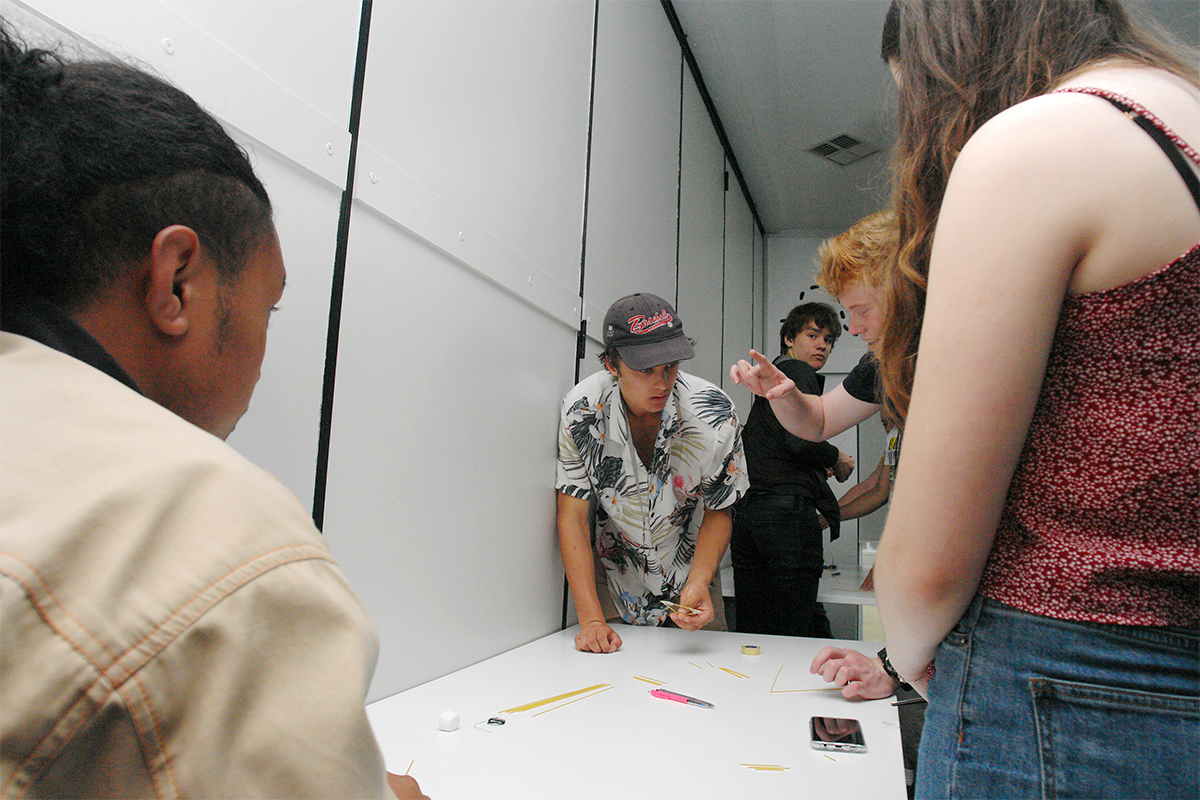
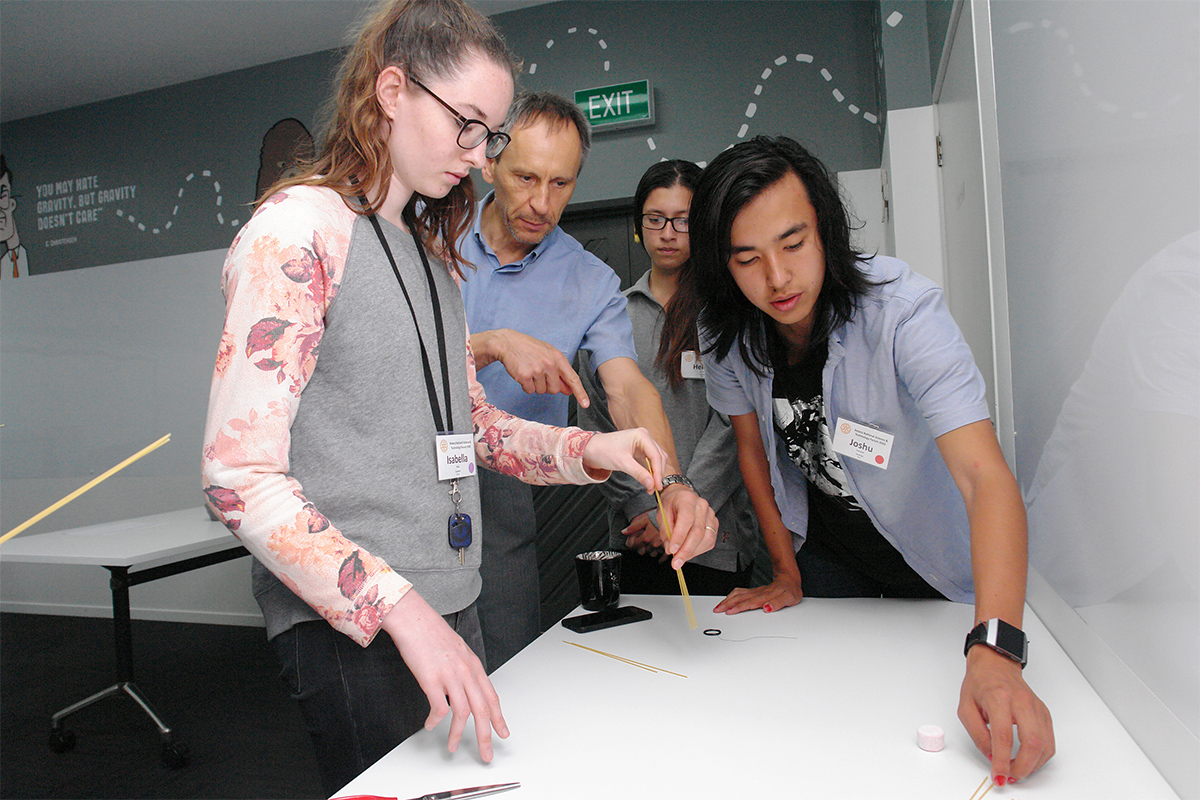
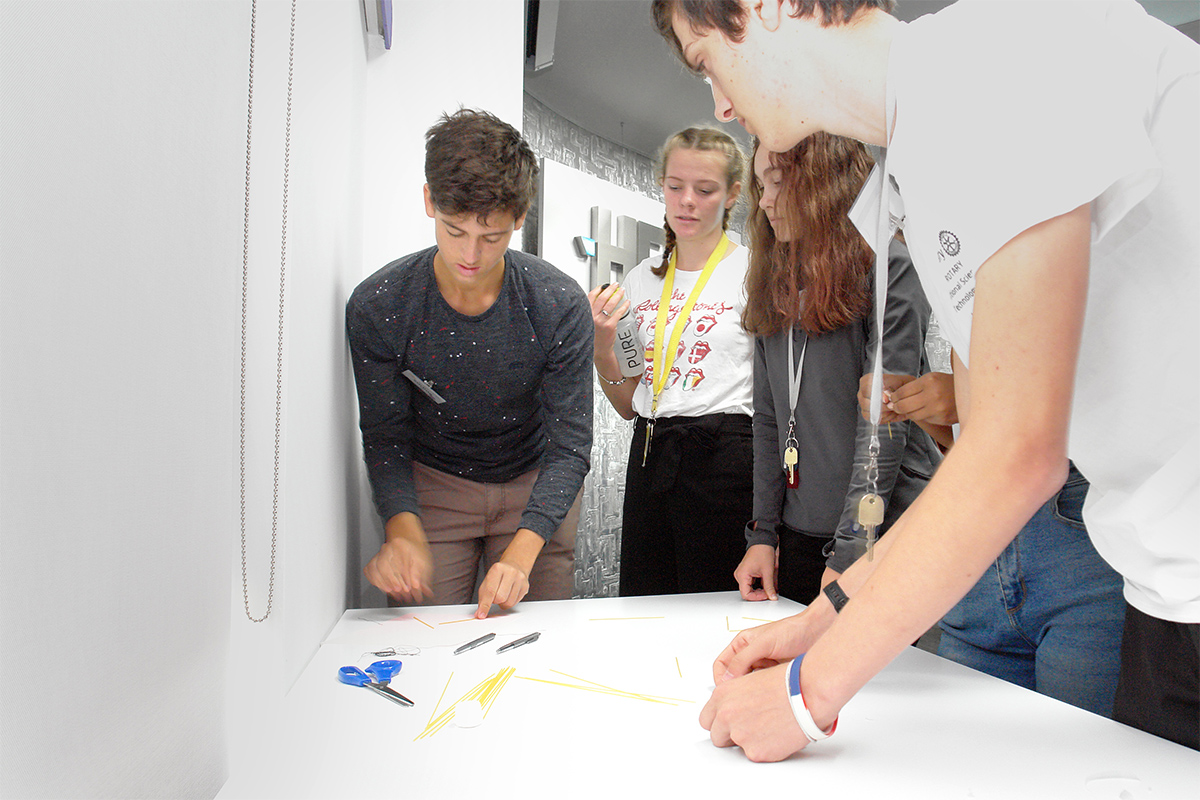
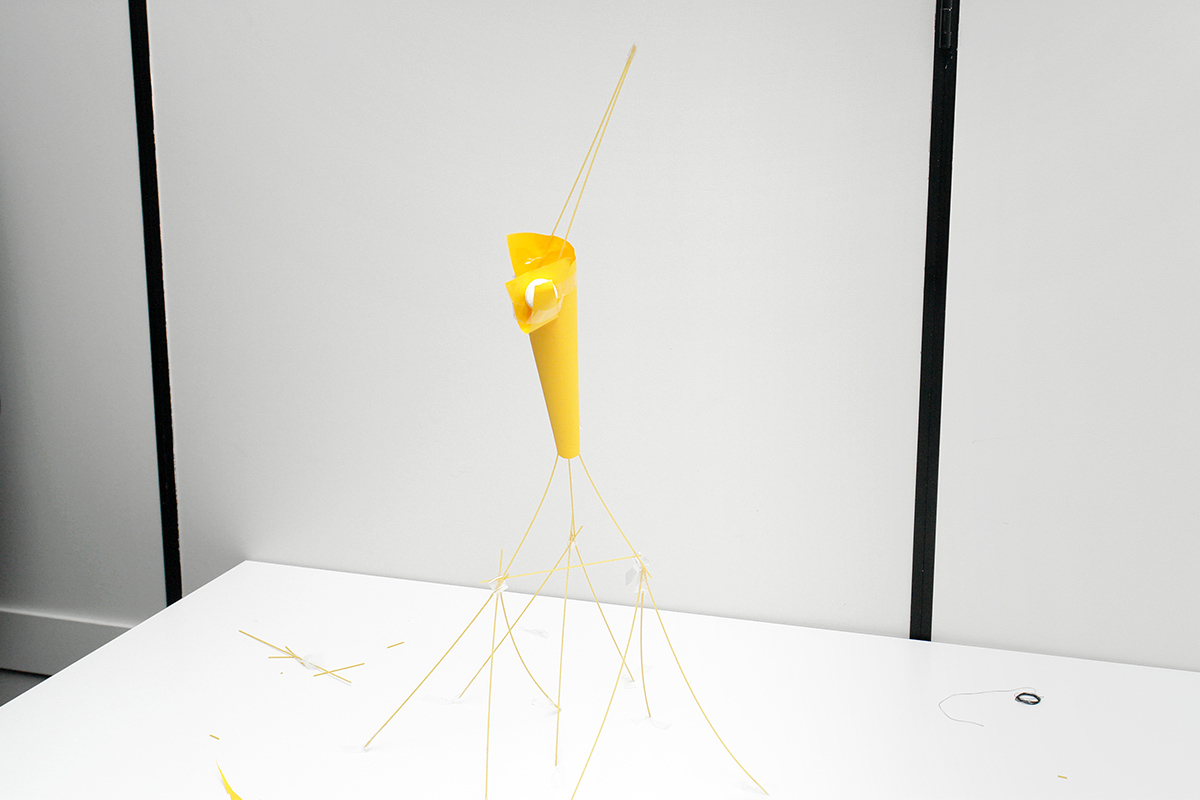
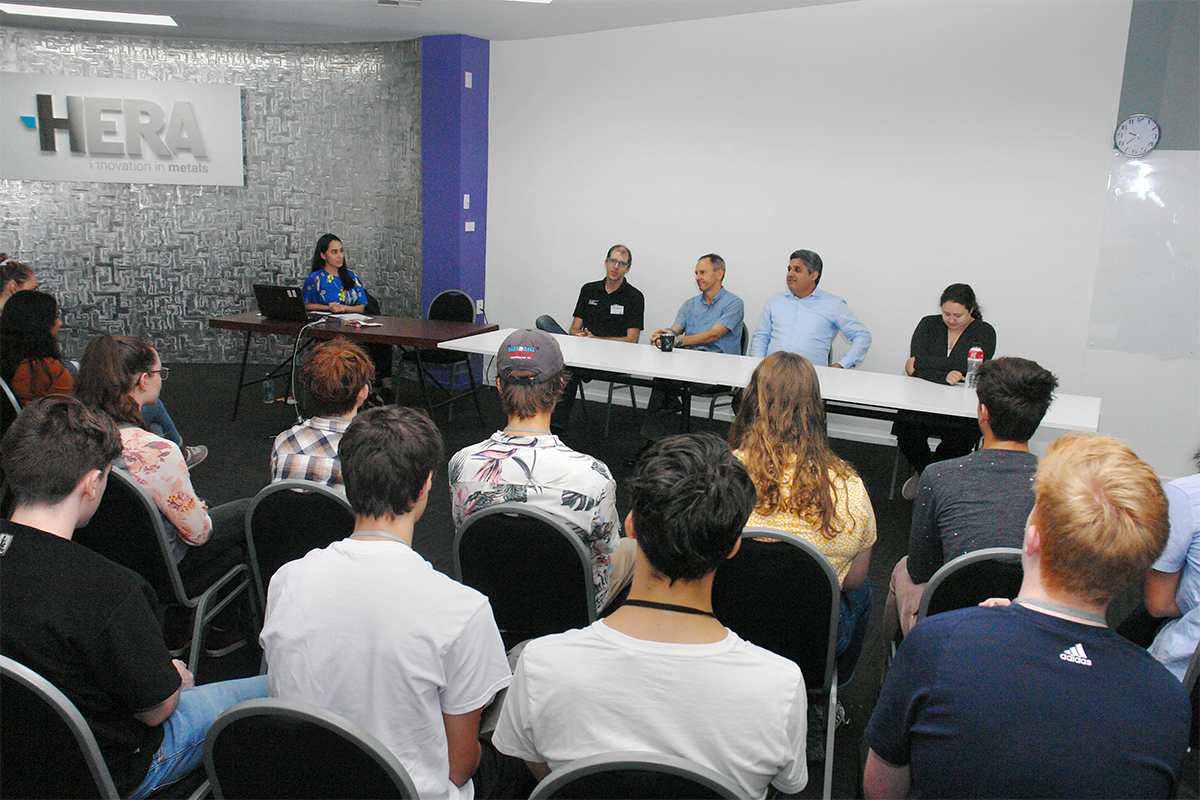
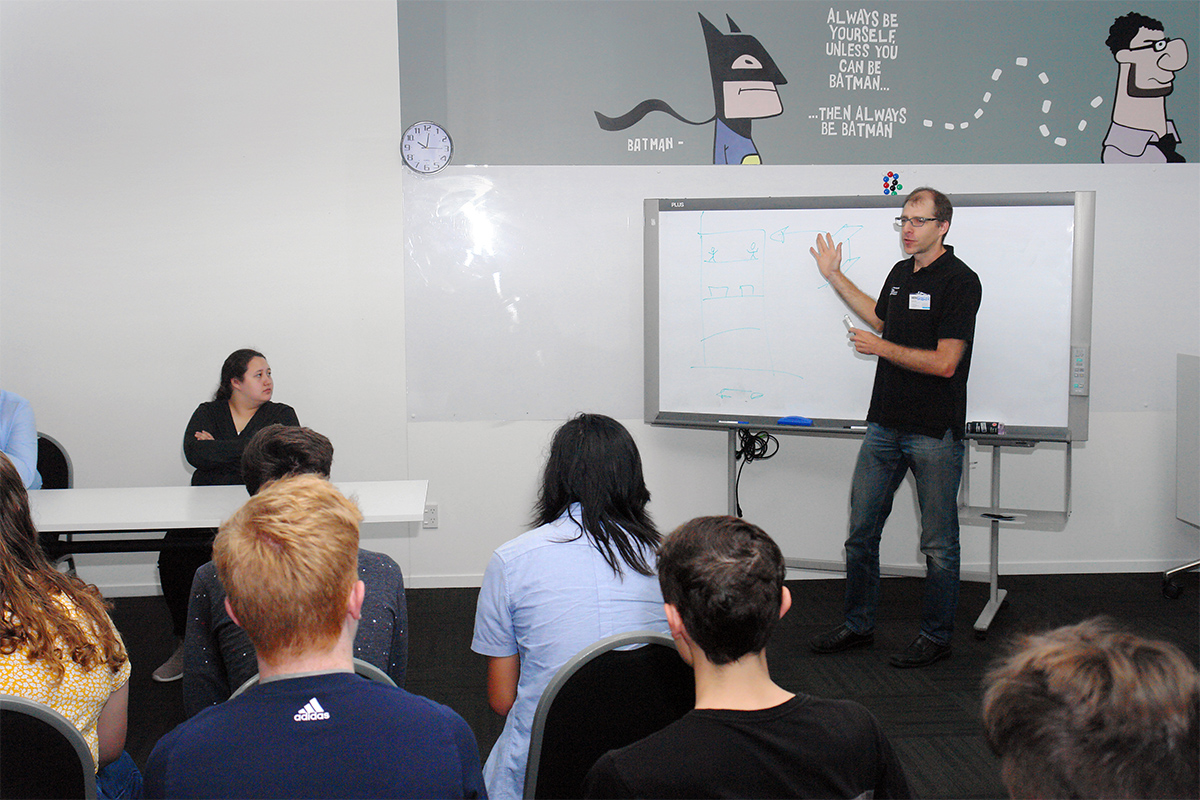
This session allowed students to develop a deeper understanding of what our engineers do in their roles, and the range of opportunities available to them both as a graduating student, but also in the form of internships.
Whanake Recipient Sarah saying, “It was awesome seeing the students engaging throughout the day with all the different activities that were run. I was impressed with the diverse range of group towers in the marshmallow challenge. This was a result of everyone approaching the challenge head on in ways that resulted in interesting and creative designs.”
“Being part of the panel discussions was very informative, and I’m sure the students will walk away from the experience equipped with more knowledge on the industry and how to make a great CV.”
The second panel was focused on innovation, sustainability, and student-related conversations. It featured Sustainable Steel Council (SSC) Intern Hannah Wu, our intern Sarah again, as well as our Manager Marketing & Communications Kim Nugent, and Manager Membership Services and Support Brian Low.
For us at HERA, it was interesting to see how aware these students were of our industry. And even more so, their desire to better understand what our industry was doing to reduce our impacts on the environment. This became quite evident throughout the session as they were eager to know about climate related issues. There was also a lot of queries around student opportunities, and tips on how to stand out in the industry to secure job opportunities.
SSC Intern Hannah saying, “I thought that it was great to see high school students asking questions about sustainability. One of the students even asked if the metals industry is ready to be moving towards sustainability, as it can be a cost. To me, this showed deeper understanding.”
“I also found it surprising that some knew what an I-Beam was when Holger was presenting. It demonstrated that even at that age, there’s a lot of interest in structural engineering,” she said.
Where to from here?
We think this forum is a fantastic opportunity for both students and our own staff members to engage with the future generation of our industry. And, we certainly look forward to hosting them again in the future.
Manager Member Services & Support Brian saying, “Our student engagement levels have been encouraging since we started our new Student membership category last June. We’re now close to 50 engineering students being signed up from the University of Auckland, Auckland University of Technology, Massey and Canterbury.”
“Having this additional touch point to future engineers means we can connect with students earlier in their career pathway and have more meaningful impacts.”
“The diverse range of students we met at this Forum is also a great indicator of the direction our industry is heading in and speaks to the strength of the young people of today and what they are capable of,” he said.
Moving forward we hope our Student membership will be a valuable services to these aspiring engineers if they join into our industry. We certainly believe it will help in their growth both academically and professionally.
